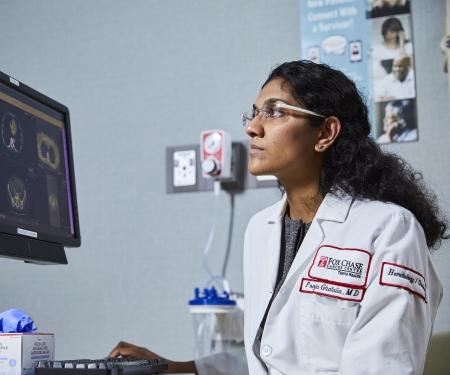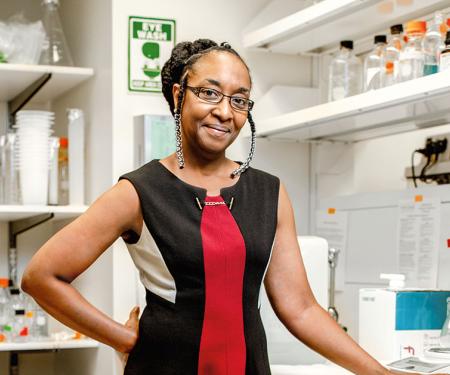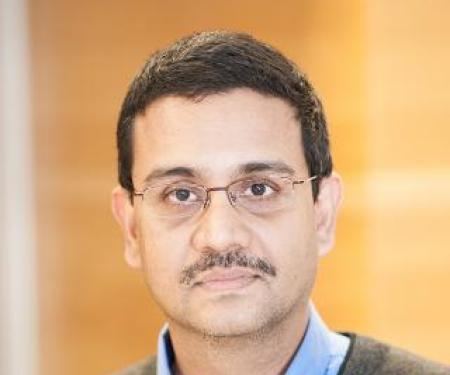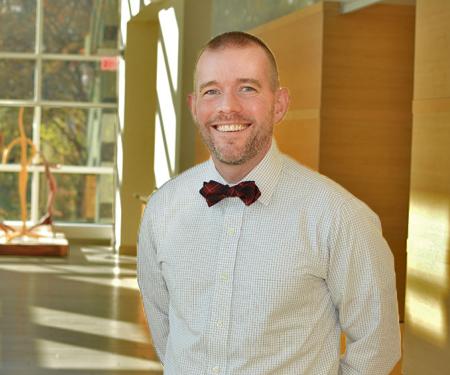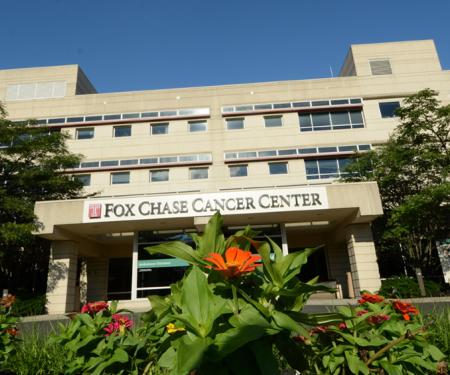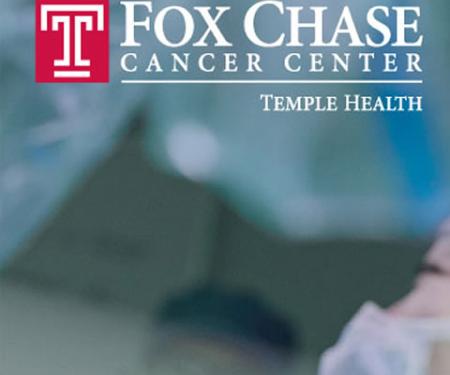This facility derives partial funding from the FCCC Cancer Center Support Grant (CCSG) from the National Cancer Institute.
Related Articles
00 / 00
| Director | Eric A. Ross, PhD, ScM |
| Contact | Judie Devlin, Administrative Assistant [email protected] 215-728-4330 |
| Location & Phone | Reimann R383 215-728-4330 |
| Pricing & Scheduling | Contact Judie Devlin for pricing and scheduling. |
The Biostatistics and Bioinformatics Facility (BBF) is a shared, institutional resource for biostatistics and bioinformatics consulting and collaboration. We provide rigorous biostatistics and bioinformatics design, analysis and interpretation of experiments and studies, and also create new biostatistics and bioinformatics methods for specific research problems. Our members are broadly skilled in quantitative and computational methods for clinical trials, pre-clinical studies, biological experiments, translational investigations, and cancer prevention and control problems. We embrace new problems and technologies that surface in a rapidly changing scientific environment.
Services provided by the Biostatistics and Bioinformatics Facility include:
Electronic Request for Service: The preferred method to obtain biostatistics and bioinformatics support is through our short electronic request form or email Eric Ross.
This facility derives partial funding from the FCCC Cancer Center Support Grant (CCSG) from the National Cancer Institute.
